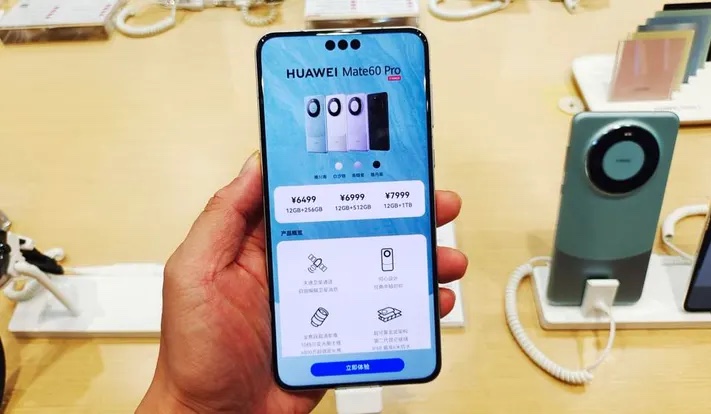In the fast-paced world of technology, recent developments involving Huawei, smartphone chips, and the increasing divide in the global tech landscape have caught the attention of tech enthusiasts and industry experts alike. This article delves into the fascinating dynamics of this evolving scenario and its potential implications.
Huawei’s Influence in Smartphone Chips
Huawei, a prominent player in the smartphone industry, has long been recognized for its innovations in hardware, particularly smartphone chips. Their proprietary Kirin series chips have powered many of their flagship devices, showcasing the company’s commitment to pushing the boundaries of technology.
However, recent geopolitical tensions have cast a shadow over Huawei’s chip manufacturing capabilities. Trade restrictions and sanctions have made it increasingly challenging for Huawei to access critical components and technologies from global suppliers. This has prompted the company to explore alternative solutions to maintain its competitive edge.
The Rise of SMIC
In response to these challenges, Huawei has turned to the Semiconductor Manufacturing International Corporation (SMIC), a leading Chinese semiconductor manufacturer. SMIC has been striving to close the gap with industry giants like TSMC and Samsung in semiconductor manufacturing technology. Huawei’s collaboration with SMIC is a significant step toward achieving self-reliance in chip production.
Tech Decoupling and Global Implications
The broader context here is the concept of “tech decoupling” – the increasing separation of Chinese technology companies from the global supply chain. As countries and companies navigate complex geopolitics, there’s a growing trend of seeking self-sufficiency in critical technology sectors. This trend has implications beyond just smartphone chips; it impacts various industries and reshapes global economic relationships.
The Role of Baidu and Tencent
Besides Huawei and SMIC, tech giants like Baidu and Tencent are also playing pivotal roles in shaping China’s technological future. Baidu’s advancements in AI and autonomous driving technology, along with Tencent’s efforts in AI and cloud computing, are contributing to China’s quest for tech self-reliance.
What Lies Ahead
As we watch these developments unfold, it’s clear that the tech industry is entering a new era marked by both competition and cooperation. The balance of power is shifting, and the global supply chain is evolving in response to geopolitical realities.
For tech enthusiasts, coders, and those with a keen interest in the industry, it’s essential to stay informed about these developments. Whether you’re a software engineer, like Ranjit, or a tech enthusiast exploring coding, understanding the changing tech landscape is crucial for making informed decisions and staying ahead in this ever-evolving field.
In conclusion, the story of Huawei, smartphone chips, and the tech decoupling trend is a testament to the dynamic nature of the tech industry. It reminds us that adaptability, innovation, and collaboration will continue to be key drivers of success in this rapidly changing landscape.
